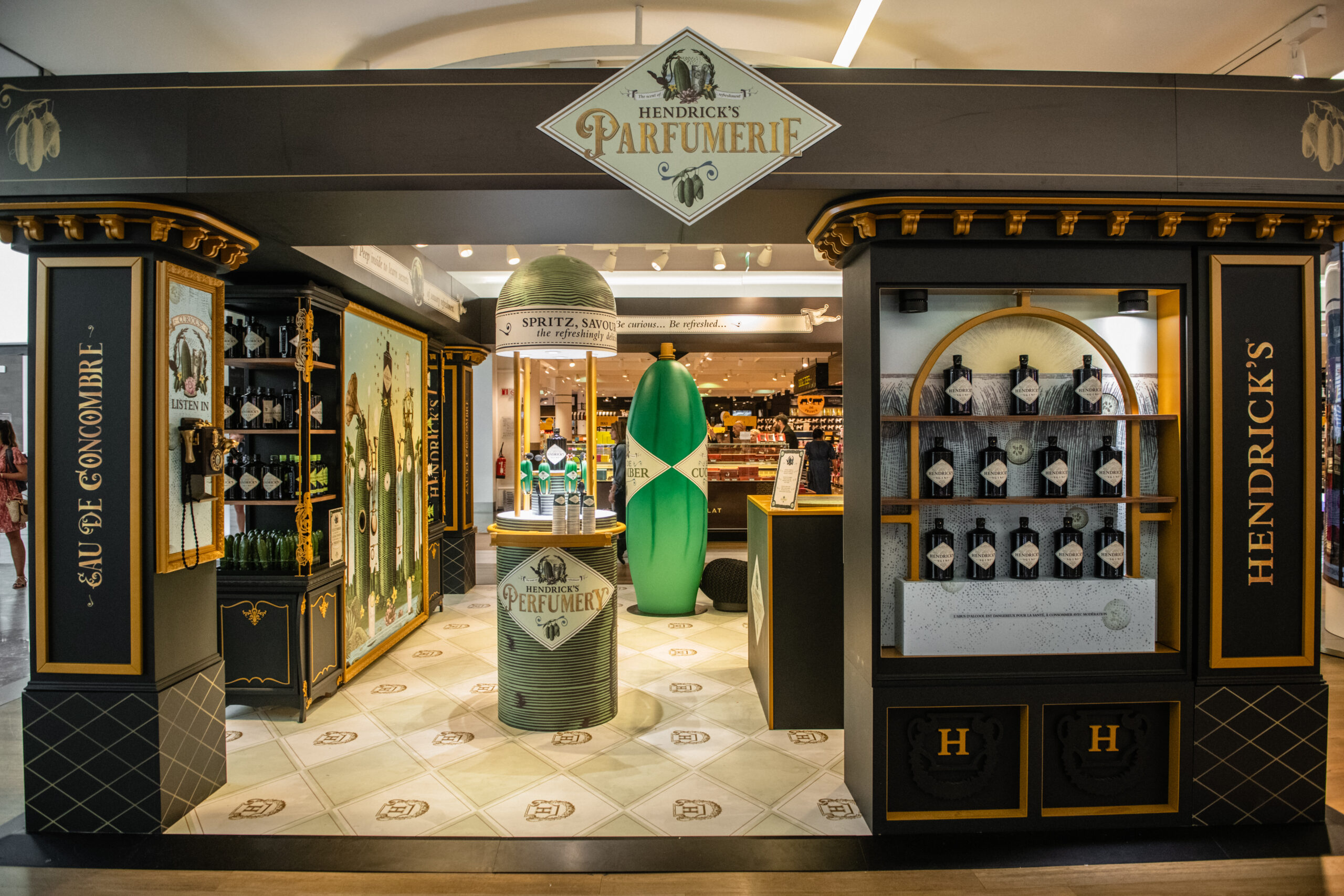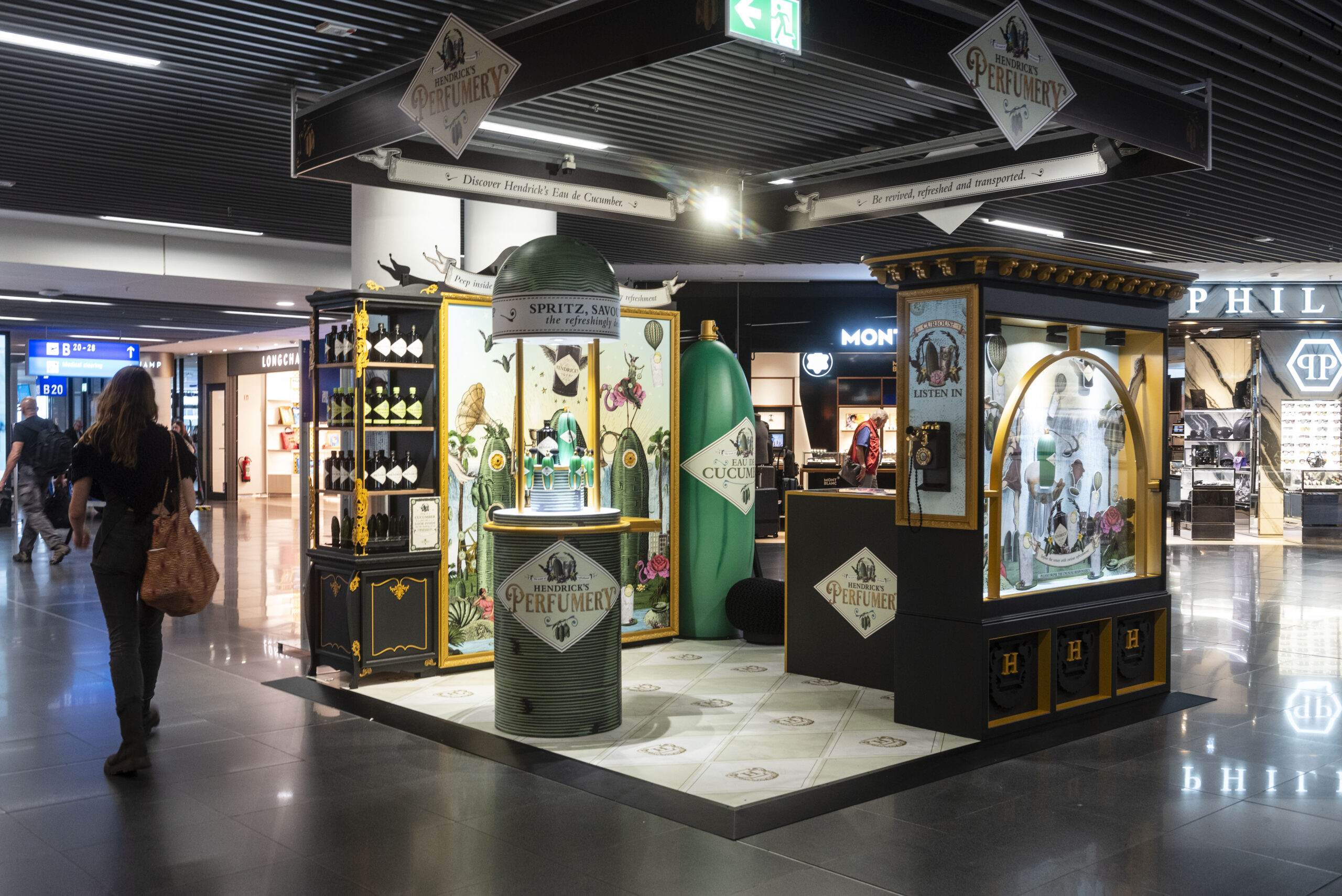The supply and demand of saving the planet

Our time with nature as a home is running out and we need to see it as precious rather than a commodity, writes Aaron McFeely, Lead Strategist at Space.
For the best part of a century, the Oppenheimer family controlled one of the world’s most lucrative industries by stockpiling the vast majority of the world’s diamonds. In conjunction with a clever marketing campaign, Oppenheimer, who owned diamond atelier & retailer De Beers, flipped the perception of a stone to become valued wildly more than its instrumental worth. It is now fairly common knowledge that instead of making money by selling the diamonds at volume, De Beers manufactured value by limiting the supply of diamonds into the market.
This manipulated scarcity maybe key to how businesses can help market ‘nature’ as it becomes clearer that if we want a world to live in, we need to save it. Our time with nature as a home is running out and we need to see it as precious rather than a commodity.
The phrase Climate Crisis and constant reports citing little more than a decade to halt irreparable change is shocking, but if we’re all being honest with ourselves, it’s news that we already know. The issue is that we are running compassion fatigue. We are losing empathy with the tragedy, because it largely feels like a systematic problem which needs to be addressed by corporations and governments and the reports conflict with our experience of nature being readily available. While this is true, demand from people needs to be created, and until recently we thought we had nature to waste.
"We can’t let our time be defined by the truth that you don’t know what you’ve got until it's gone."Aaron McFeely
How can we create value in nature?
Protect as we sellOur idea, #VISITNATURE, became a tourism campaign for nature, creating a desire to get outside and see what we’ve been missing. The discoveries that people made because they hadn’t been commodifying, and therefore ignoring, the great outdoors were wonderous and woke people up to what’s out there. This is a step towards creating a bond between humans and nature if we reframe its value, rather than solely trying to sell its benefits.
This doesn’t free industry and governments of their responsibility to act on rescuing our home, but if people value something that will inevitably be stripped from them, they are more likely to put pressure on systematic stewardship. Brands, as they contribute to culture, can write a narrative that stops commodifying nature and makes it something that people want to connect with, and desire for generations to come.
The lesson for brands and marketeers is that we have a platform to change the world positively, but we need to protect as aggressively as we sell. Not only that, but there is no platform to profit from if we don’t act to save our home. By following in De Beers strategic footsteps, we can make every person on the planet want nature as much as they do diamonds. We should make people frenzied in their desire to have a relationship with nature by realising its impending scarcity.
We can’t let our time be defined by the truth that you don’t know what you’ve got until its gone.
Key take outs
- The instrumental value of benefits isn’t always enough to create demand. Intrinsic value holds mystique and is more desirable.
- Commodification strips value from products and categories. Rarity creates demand.
To avoid commodifying, identify conventions of the way something is perceived and flip them. - There is a duty from brands as they contribute to culture in preserving the natural world. Marketing strategy is important to help create support for the cause.
This article originally appeared as a guest piece on Creativebrief.

